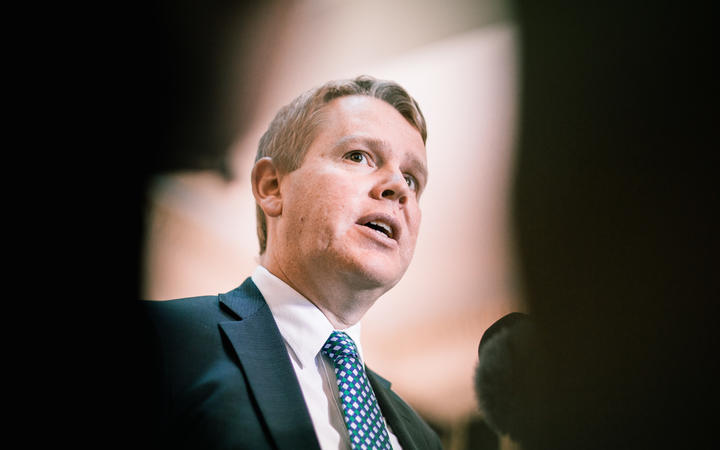
Elsewhere in its package, announced by Prime Minister Chris Hipkins today, was a 12-point plan to boost renewable electricity generation and pledges to publish a second emissions reduction plan, reform the Emissions Trading Scheme and steer $50m towards climate-focused research.
Hipkins, who is visiting New Plymouth today, said this would come on top of policy the Government had brought to the table already, including climate-focused rebates for homes, EV charging hubs for every 150km to 200km on main highways, and farm-level emissions pricing by 2025.
“New Zealand has an incredibly positive future if we take the climate seriously with real actions to keep reducing our emissions,” he said.
“Earlier this year I made some reprioritisation decisions to make sure that we were focused on the right things, and that what we were doing would reduce emissions.
“Today, I’m setting out our plan to make more progress on our goals.”
A new role of Minister for Just Transitions would oversee New Zealand’s shift to a low-emissions economy, while a new climate adaptation and managed retreat framework would help local communities to plan for, and re-build from, extreme weather.
Hipkins used the announcement to take aim at National, whose climate policies he called “simplistic and opaque”.
“National’s plan to rely only on the Emissions Trading Scheme without complementary policies is the most expensive and disruptive way to try and reach New Zealand’s climate goals.”
National’s policy was to “stabilise” the system, which it saw as the top vehicle for hitting New Zealand’s 2030 and 2050 climate targets.
While the party was happy for landowners to earn ETS credits through farm-level sequestration and supports measuring farm emissions by 2025, it remained against pricing them on Labour’s timetable – and wanted a review of New Zealand’s methane target for 2050.
After the collapse of industry-government partnership He Waka Eke Noa, National was willing to wait as long as 2030 to introduce what it says would be a “fair and sustainable pricing system” for farm emissions.
Notably, its touted tax cuts for families would be partly supported by diverting several billion dollars of Climate Emergency Response Fund revenue - paid for by polluters through the ETS – into the government’s general coffers.
Elsewhere, National proposed to fast-track the consents process for new renewable power projects - it touts a goal of doubling the country’s renewable energy generation - while scrapping the need for consents for upgrading existing transmission and local lines infrastructure.
It’s floated building 10,000 more charging stations for electric vehicles – but would scrap the EV-subsidising Clean Car Discount, dubbing it a “ute tax” that unfairly penalises essential work vehicles used by farmers and tradies unable to make the shift.
The party would also reverse the ban on new permits for offshore oil and gas exploration and cancel long-gestating pumped-hydro plans for Lake Onslow.
Labour was sticking by that project, its offshore oil and gas ban and the subsidy for EV buyers – yet, this year it notably ditched its “cash-for-clunkers” scheme that was aimed at helping cleaning up our aged vehicle fleet.












